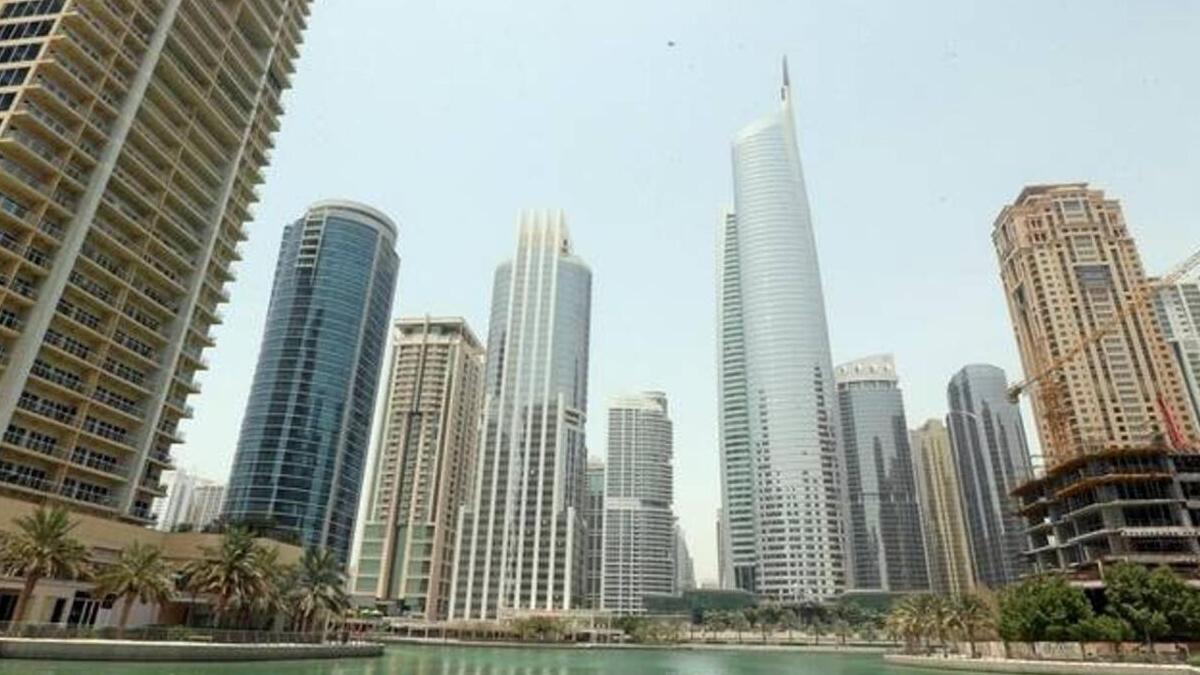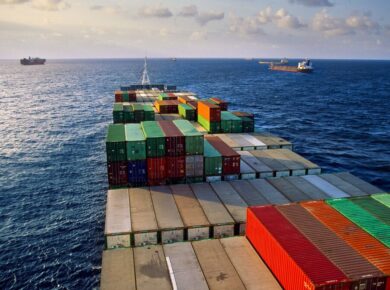Weekly real estate transactions in Dubai have reached Dh10.4 billion, according to records.
Dubai’s real estate market continues to show signs of growth, as evidenced by the latest report from the Dubai Land Department (DLD). The report revealed that a total of 3,050 real estate transactions worth Dh10.4 billion were conducted during the week ending May 5.
Of these transactions, 189 plots were sold for Dh1.19 billion, while 2,239 apartments and villas were sold for Dh5.11 billion. The remaining transactions were related to commercial properties, land, and buildings.
According to the report, Al Hebiah Fifth recorded the most transactions for the week, with 63 sales transactions worth Dh188.2 million. This was followed by Madinat Hind 4 with 22 sales transactions worth Dh29.01 million, and Jabal Ali First with 16 sales transactions worth Dh58 million in third place.
In terms of the most significant transactions, a land in Al Thanayah Fourth topped the list, selling for Dh52 million. This was followed by a land in Saih Shuaib 2, which sold for Dh40.62 million, and a land in Palm Deira that sold for Dh35.36 million.
The report also revealed that the sum of the amount of mortgaged properties for the week was Dh3.69 billion, with the highest being a land in Al Barshaa South Third, mortgaged for Dh653 million. Additionally, 110 properties were granted between first-degree relatives worth Dh497 million.
In terms of apartment and villa sales, the top three transfers were a property sold for Dh90 million in Al Merkadh, an apartment for Dh78 million in Jumeirah Second, and an apartment sold for Dh67 million in Burj Khalifa.
The DLD’s report indicates that the real estate market in Dubai is witnessing a gradual recovery, following a slowdown caused by the COVID-19 pandemic. The growth in the real estate sector can be attributed to a number of factors, including the UAE’s successful vaccination campaign, which has allowed businesses and the economy to reopen, and the government’s efforts to attract foreign investment through a variety of initiatives and policies.
Dubai’s real estate market is also benefiting from the increasing demand for properties in the UAE, particularly among expatriates who are seeking to invest in the country’s stable and growing economy. The city’s reputation as a business and tourism hub has also made it an attractive destination for investors and property buyers.
However, experts warn that the real estate market in Dubai could be impacted by rising inflation, which could lead to higher property prices and lower demand. Additionally, uncertainties surrounding the global economy and geopolitical tensions could also have an impact on the real estate sector.
Despite these challenges, the outlook for the real estate market in Dubai remains positive, with the government’s continued focus on creating a business-friendly environment and attracting foreign investment. The ongoing development of new projects and initiatives, such as the Dubai Silicon Oasis, is also expected to contribute to the growth of the real estate sector in the city.
In conclusion, the recent report from the DLD provides a promising outlook for Dubai’s real estate market, indicating that the sector is gradually recovering and attracting more investments. However, the market could still face challenges, and stakeholders should remain vigilant and take necessary precautions to ensure its long-term stability and growth.
The government’s ongoing efforts to diversify the economy, attract foreign investment, and develop innovative projects and initiatives are essential to sustaining the growth of the real estate market in Dubai.
Overall, the positive trends in Dubai’s real estate market are a testament to the city’s resilience, adaptability, and attractiveness as a destination for business and investment. As the city continues to recover from the pandemic and position itself as a hub for innovation and growth, stakeholders should collaborate and innovate to maximize the opportunities and address the challenges facing the sector.





